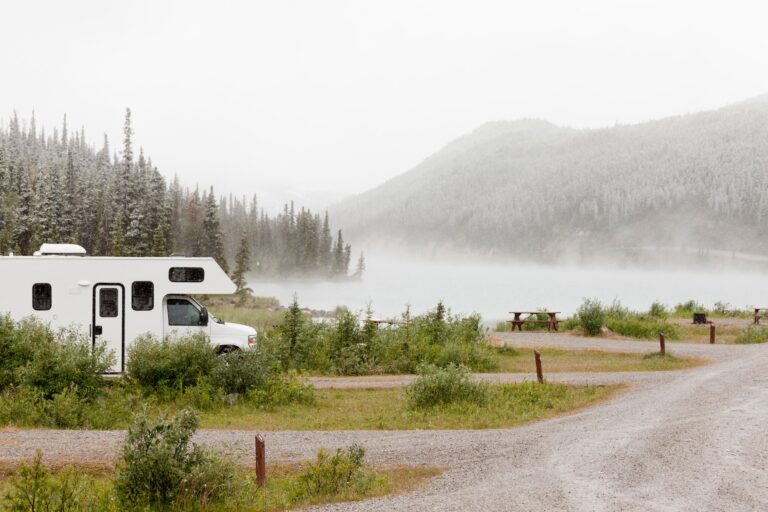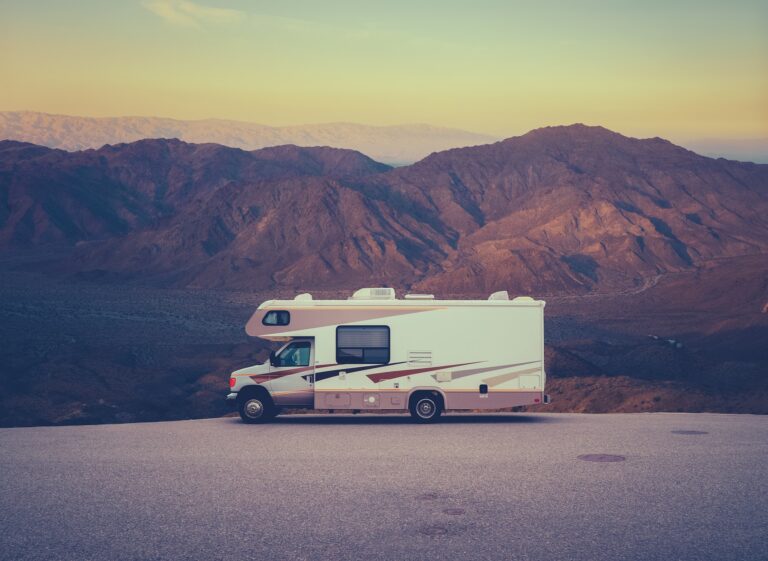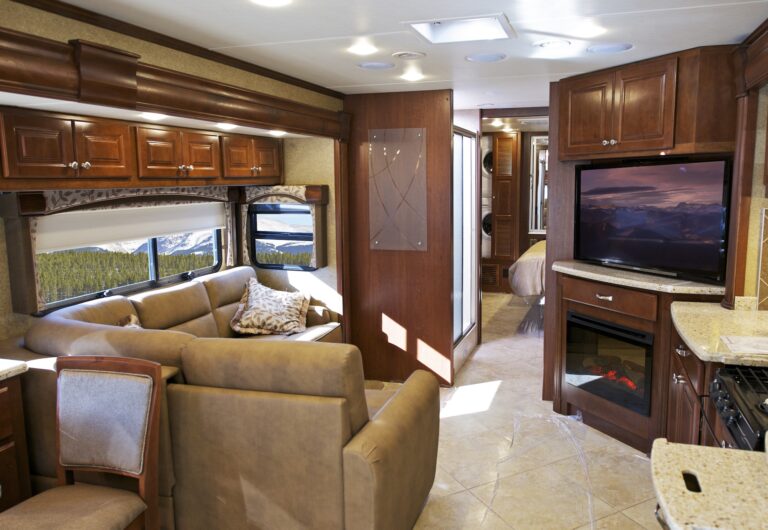The allure of the open road, the freedom to explore, and the opportunity to create unforgettable memories have drawn many to the RV lifestyle. If you’re considering joining the ranks of RV enthusiasts, one of the first decisions you’ll face is whether to rent or buy your first RV. This choice can be daunting, as both options come with their own set of advantages and disadvantages. In this comprehensive blog post, we’ll explore the pros and cons of renting versus buying an RV, and provide guidance on how to make the right decision for your lifestyle.
1. Renting an RV
Renting an RV is a popular choice for those who are new to the RV lifestyle or looking to enjoy a temporary adventure. Here are some of the key pros and cons of renting an RV:
Pros
- Lower initial cost: Renting an RV requires a smaller upfront investment compared to purchasing, making it an attractive option for those with budget constraints or who are hesitant to commit to owning an RV.
- Variety of choices: Renting allows you to try out different types of RVs, floor plans, and amenities, giving you the opportunity to discover what best suits your needs and preferences before making a long-term commitment.
- No long-term maintenance: As a renter, you’re not responsible for the long-term maintenance and repair costs associated with RV ownership. This can save you time, money, and stress.
- Flexibility: Renting an RV offers the flexibility to choose the right RV for each trip, whether you need a compact camper van for a weekend getaway or a larger motorhome for an extended family vacation.
- Trial period: If you’re considering RV ownership, renting first can provide valuable insight into the RV lifestyle and help you determine if it’s truly right for you.
Cons
- Rental fees: Depending on the rental duration and RV type, rental fees can add up quickly and may exceed the cost of ownership over time, particularly for frequent or long-term travelers.
- Availability and booking: Renting an RV may require advance planning and reservations, especially during peak travel seasons. You may also encounter limited availability or higher rental rates for your desired RV type or dates.
- Familiarization: Each rented RV is unique, and you’ll need to familiarize yourself with its features and systems before hitting the road. This learning curve may be frustrating and time-consuming.
- Personalization limitations: Renting an RV means you’ll be using a generic, pre-configured space, which may lack the personal touches and customization options available with an owned RV.
2. Buying an RV
For those ready to commit to the RV lifestyle or seeking a long-term travel solution, purchasing an RV can be a worthwhile investment. Here are the primary pros and cons of buying an RV:
Pros
- Long-term savings: While the initial cost of purchasing an RV is higher than renting, ownership can be more cost-effective in the long run, particularly for frequent travelers or those planning extended trips.
- Customization and personalization: Owning an RV allows you to customize and personalize your space, creating a comfortable and functional home on wheels that reflects your style and preferences.
- Availability and convenience: With an RV at your disposal, you have the freedom to hit the road whenever you choose, without the hassle of booking reservations or coordinating rental logistics.
- Potential for rental income: If you don’t plan to use your RV full-time, you can rent it out when it’s not in use, generating additional income and offsetting some ownership costs.
- Building equity: As an RV owner, you have the opportunity to build equity in your asset, which can be useful if you decide to upgrade or sell your RV in the future.
Cons
- Higher upfront cost: Purchasing an RV requires a significant upfront investment, which may be prohibitive for some. Financing options are available but can add long-term interest costs.
- Maintenance and repair costs: Owning an RV comes with ongoing maintenance and repair responsibilities, which can be time-consuming and costly. Regular upkeep is essential to preserve the value and functionality of your RV.
- Storage and insurance costs: In addition to maintenance costs, RV owners must also consider storage and insurance expenses. These costs can vary depending on the RV type, location, and coverage options.
- Depreciation: Like any vehicle, RVs can depreciate over time, potentially reducing their resale value. However, well-maintained and popular models may hold their value better than others.
- Commitment to a specific RV: Purchasing an RV means committing to a particular model, layout, and set of features. If your needs or preferences change, upgrading or exchanging your RV can be a complex and costly process.
Making the Right Decision for Your Lifestyle
When weighing the pros and cons of renting versus buying an RV, consider the following factors to determine the bestoption for your lifestyle:
- Frequency and duration of use: If you plan to travel frequently or embark on extended adventures, purchasing an RV may be more cost-effective in the long run. If your RV travels will be infrequent or short-term, renting could be a more practical choice.
- Budget constraints: Consider your financial situation and budget limitations when deciding whether to rent or buy. Renting may be more appealing if you’re unable or unwilling to make a substantial upfront investment, while purchasing could be a better option if you’re willing to invest in a long-term asset.
- Flexibility and convenience: If having the freedom to hit the road whenever you choose is important to you, owning an RV may be the right choice. Renting may be more suitable if you value the ability to try out different RV types and don’t mind planning your trips around rental availability.
- Maintenance and repair responsibilities: Consider whether you’re willing and able to invest the time and money required to maintain an RV. If you prefer to avoid these responsibilities, renting may be a more attractive option.
- Customization and personalization: If creating a personalized and comfortable home on wheels is a priority for you, purchasing an RV could be the right decision. Renting may be more appealing if you’re content with a generic and pre-configured space.
In conclusion, the decision to rent or buy your first RV depends on your unique lifestyle, travel preferences, and financial situation. By considering the pros and cons of each option and evaluating your specific needs and priorities, you can make an informed choice that best aligns with your goals and enhances your RV experience.
To summarize, here are the key points to consider when deciding between renting and buying your first RV:
- Renting an RV offers lower initial costs, a variety of choices, no long-term maintenance responsibilities, flexibility, and a trial period before committing to ownership.
- Renting also comes with rental fees, availability and booking challenges, familiarization with different RVs, and personalization limitations.
- Buying an RV provides long-term savings, customization and personalization options, availability and convenience, potential for rental income, and the opportunity to build equity.
- However, purchasing an RV also involves higher upfront costs, maintenance and repair responsibilities, storage and insurance costs, depreciation, and a commitment to a specific RV.
Ultimately, the choice between renting and buying your first RV is a personal one that should be carefully considered based on your individual circumstances and preferences. By taking the time to evaluate each option and how it aligns with your lifestyle, you can embark on your RV journey with confidence, ready to create unforgettable memories on the open road.






